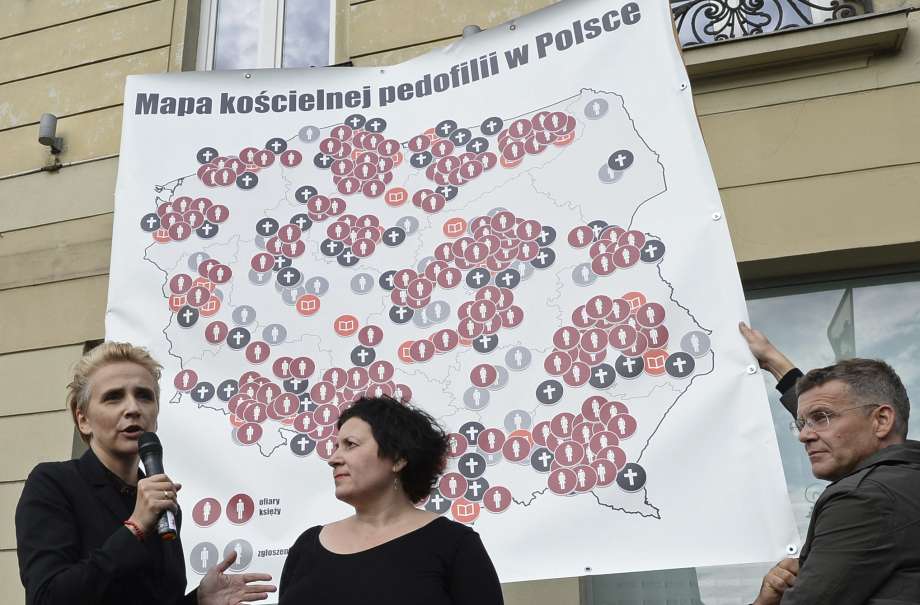
26-year study reveals natural biological factors kick in once warming reaches certain point, leading to potentially unstoppable increase in temperatures.
Scientists from the Marine Biological Laboratory (MBL) in Massachusetts, the University of Massachusetts, and the University of New Hampshire, says rising temperatures cause a two-stage cycle where carbon output increases for several years then levels off – probably due to soil microbes adjusting to the warmer conditions.
After that readjustment, carbon release levels start rising again. The worry is that warmer soil would cause a warmer atmosphere, in turn heating up the ground and perpetuating temperature rise we have no control over.
“This self-reinforcing feedback is potentially a global phenomenon with soils, and once it starts it may be very difficult to turn off,” one of the team, Jerry Melillo from the MBL, told Meghan Bartels at Newsweek.
“It’s that part of the problem that I think is sobering.”
Researchers admit they’ve still got plenty more to learn about soil microbes and how they release carbon, and so long-term detailed studies like this are vital in understanding the processes going on.
Way back in 1991, heating coils similar to those used to keep sports pitches from freezing were buried about 10 centimetres (3.9 inches) underground in the Harvard Forest, keeping certain parts of the forest soil surface 5°C (9°F) warmer than control plots.
Since then, the heated patches have lost 17 percent of the carbon stored in the top 60 centimetres (23.6 inches) of soil, where most organic matter is held. Carbon loss in warmer soil outpaced the rate in the control plots in two bursts, 1991-2000 and 2008-2013.
In between those periods, carbon release was at similar levels in both the heated and unheated areas: the scientists think this cycle is caused as the number of microbes increase, feasting on hard-to-digest organic matter like the lignin in plants, and pushing out more carbon as a result.
When the food runs out, the microbes adapt and reorganise, leading to lulls in the carbon release, suggest the researchers. Since 2014, carbon emissions from the heated plots have again dropped, and the monitoring continues today.
“If a significant amount of that soil carbon is added to the atmosphere, due to microbial activity in warmer soils, that will accelerate the global warming process,” says Melillo. “And once this self-reinforcing feedback begins, there is no easy way to turn it off. There is no switch to flip.”
As the team points out, every year we pump about 10 billion tonnes of carbon into the atmosphere, mostly through burning fossil fuels. About 3,500 billion tonnes are thought to be stored in the world’s soil.
A significant part of that is stored in big pools of frozen soil in the Arctic – the carbon there is easily decomposed, and we know temperatures at the poles are on the rise.
Not only does having carbon locked away in soil mean it’s kept out of the atmosphere, it also helps soil stay healthy by holding water and helping plants to grow.
“If these findings hold more widely across major terrestrial ecosystems, then a much greater portion of the global soil carbon store could be vulnerable to decomposition and release of carbon dioxide under global warming than previously thought,” Daniel Metcalfe, from Lund University in Sweden, told Fiona Harvey at The Guardian.













